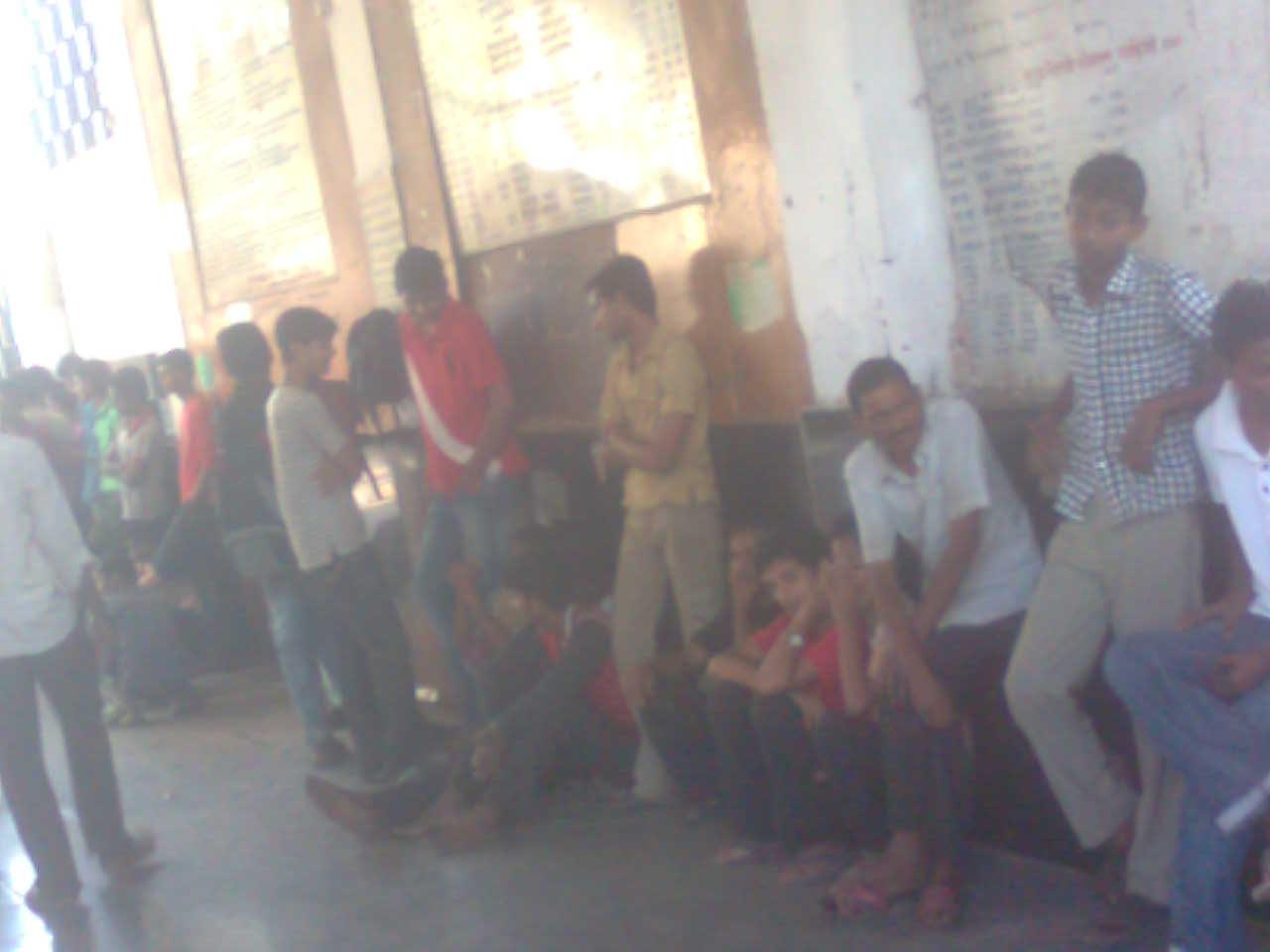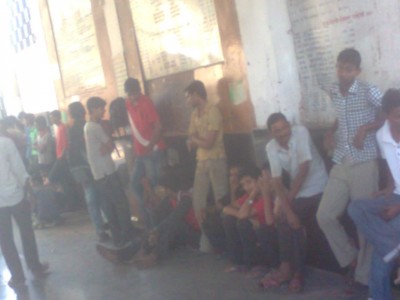BeyondHeadlines News Desk
New Delhi: The Comptroller and Auditor General (CAG) today said there were manipulations in Tatkal rail bookings and held reservation clerks, agents and touts responsible for non-availability of these emergency tickets to genuine passengers, India’s premier news agency Press Trust of India (PTI) reported.
An audit of Tatkal and advance reservation system in Railways by the Government Auditor showed that genuine users for whom the scheme was meant for were not able to access the facility with ease as it was susceptible to manipulation.
“There were irregularities such as booking of all Tatkal quota tickets within a few minutes of the opening of reservation,” the report tabled in Parliament said.
There were always complaints of cornering of majority of Tatkal tickets by touts and agents in collusion with booking clerks, it said.
After examining the accessibility of the Indian Railway Catering and Tourism Corporation (IRCTC) server, CAG has found that during login at the website exactly at 8 am on the day of booking for Tatkal or general tickets, the system would hang.
“It took 4-5 minutes to login, by which time Tatkal quota was sold out,” the report said.
It also said the general application and controls in the reservation and also internet booking systems were inadequate, which again left scope for manual intervention in the network, that further aided the manipulation.
The advance reservation period fixed for Tatkal tickets was five days, excluding the date of journey, which was revised to two days. These tickets can be booked between 8 am and 8 pm on week days and between 8 am and 2 pm on holidays.
CAG: Railways Running on Loss of Rs 3,200 crore
Making a critical observation of Railway finances, the country’s top auditor CAG today said the organisation suffered a loss of over Rs 3,200 crore for operating on uneconomical routes during 2005-10, while the accumulated loss of its key PSUs also went up significantly.
The CAG, in its report for 2010-11, said, “Railways sustained losses of Rs 3,228 crore in operation of uneconomic branch lines between 2005 and 2010 and the loss on operation of such lines increased to Rs 1,198 crore in 2009-10.”
It also said that till March 31, 2010, Railways’ three PSUs — Konkan Railway Corporation Limited (KRCL), BWECL and PRCL — suffered a cumulative loss of Rs 3,435.67 crore, out of which the loss suffered by KRCL alone was Rs 3,330.93 crore.
In an observation of uneconomical projects which connect the backward region of the country to the railway network, the CAG said Railways have already incurred an expenditure of Rs 8,549 crore on 50 incomplete lines and balance funds to the tune of 16,800 crore were required to complete these projects.
“Audit examination of the 50 ongoing work of new lines sanctioned for socio-economic development of backward region revealed that five projects sanctioned more than 20 years ago, nine sanctioned between 15-20 years and 36 sanctioned between 10 and 15 years were still lying incomplete as on March 31, 2010,” the report said.
The auditing body also revealed that Railways suffered losses of revenue due from Container Corporation of India, as the haulage charges recovered from it for traffic handled were at “sub-optimal rates resulting in short recovery of operational costs”.
Raising concerns over the unrealised earnings by Railways which touched Rs 1368.01 crore by the end of 2009-10 fiscal, it said the major portion of outstanding under traffic suspense was on account of un-recovered freight charges from power houses and state electricity boards.
The report said the slowdown of the economy and sixth pay commission “severely affected” Railways’ finances during 2008-10.
During this period, gross traffic receipts, on an average increased annually by 10 per cent as against average annual increase of 24 per cent in total working expenses.
Expenditure on account of impact of the implementation of the pay commission accounted for 70 per cent of the total revenue expenditure, it said.
The auditing body pressed for making quick decisions about inviable projects and increasing focus on more viable projects along with rationalising freight and passenger tariffs to improve its finances.
Pointing to some critical shortcomings in the tatkal scheme, it said, the system was “susceptible to abuses by unscrupulous booking clerks, touts etc” and railways need to comprehensive relook at the scheme.
Talking about anomalies in the scheme, it said that in 2009, cancellation charges were also not collected from 236 passengers who cancelled their tatkal tickets.























